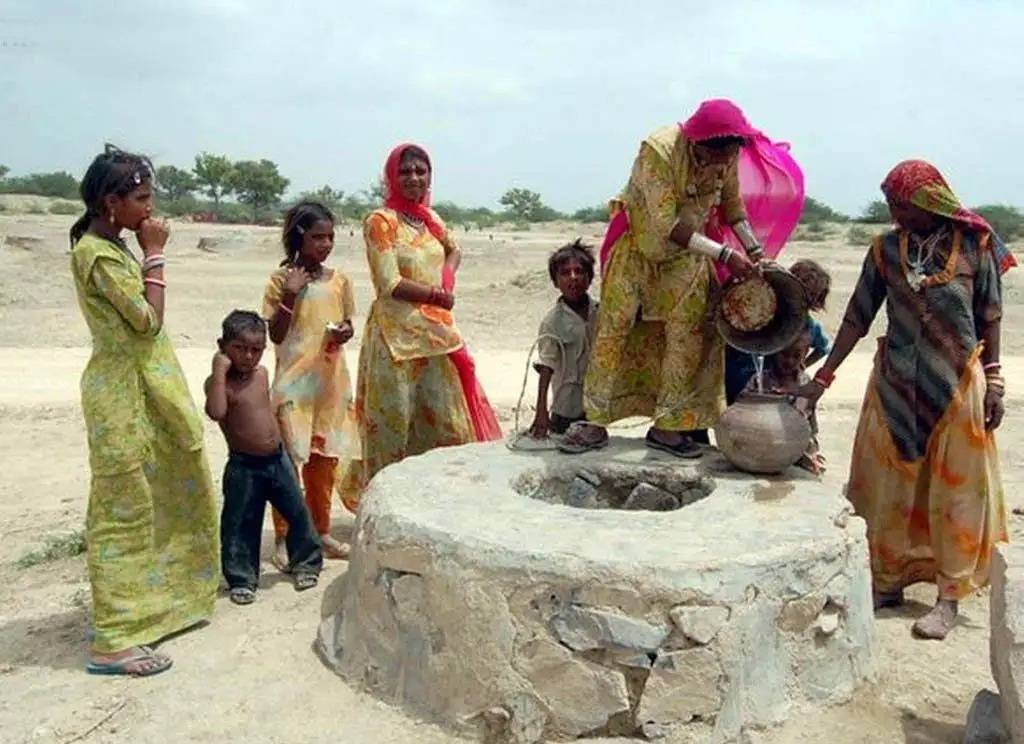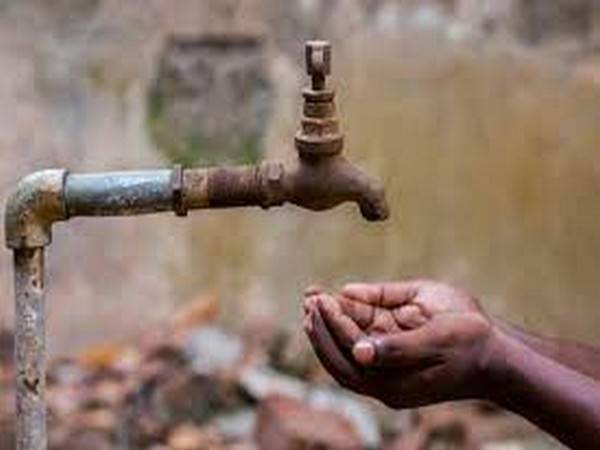JSFM founder, Zafar Sahito said that they are targeting Bilawal as it is his party, the Pakistan Peoples Party (PPP), that runs Sindh which is facing an acute shortage of water….reports Rahul Kumar
With acute water scarcity parching Sindh, human rights group — Jeay Sindh Freedom Movement (JSFM) has called for protests against the water shortage in front of the UN office in New York.
The protest coincides with Pakistan Foreign Minister Bilawal Bhutto Zardari’s two-day visit to the US, ostensibly to repair ties with one of its long-term partners. Former Prime Minister Imran Khan had dealt a severe blow to US-Pakistan ties with a tirade of allegations that Washington toppled his government.
Among Bilawal’s numerous engagements will be attending a ministerial meeting – Global Food Security Call to Action – at the UN headquarters in New York on May 18.

It is this meeting that Sindh activists are targeting. JSFM founder, Zafar Sahito told India Narrative that they are targeting Bilawal as it is his party, the Pakistan Peoples Party (PPP), that runs Sindh which is facing an acute shortage of water.
Sahito said: “The Sindh government run by the PPP elites have sold the national resources of the province to Pakistan’s military in lieu of personal benefits. The people of the province are facing a severe shortage of water”.
The reality is that not just Sindh, neighbouring Balochistan province too is facing a severe water crisis. Almost half of Pakistani terrain is drying up fast.
The Sindhi campaigner, who lives in exile in the US, said that the construction of big dams and canals on the Indus river as collaborative ventures between Pakistan and China have brought a climate crisis to the Sindh province.

He added that the shortage of water in Sindh is not natural but has been engineered by the large construction projects by the two close allies.
Sahito has also called for an international investigation into the sharing of waters of river Indus between Pakistan’s Punjab and Sindh province.
The water situation in Sindh has worsened with little water flowing into its Indus-linked canals province from the upstream region of Punjab, sparking a small kerfuffle between the irrigation and water ministers of the two provinces.
The situation worsened this year with Sindh Chief Minister Syed Murad Ali Shah pointing out a water shortage of nearly 40 per cent. Highlighting how dire the situation has been in the province, he asked rice farmers to avoid cultivating the water-intensive crop this year.
(The content is being carried under an arrangement with indianarrative.com)
